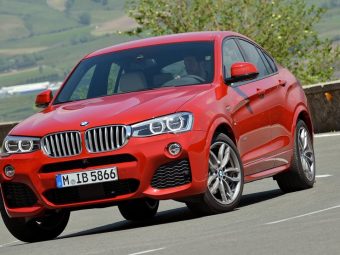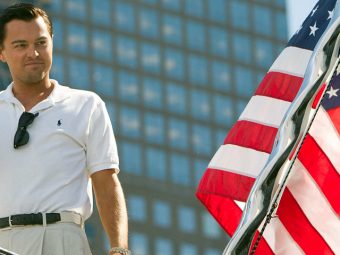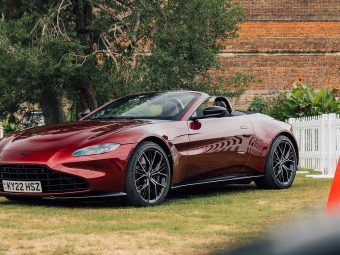Volkswagen Group has announced a €5.1 billion ($6 billion) loss tied to a sweeping product overhaul at Porsche, its 75.4% owned sports-car division. This move reflects the realities of a market in flux: consumer demand for luxury electric vehicles is not rising as quickly as anticipated, and regulatory pressures in Europe are forcing companies to rethink long-term production strategies.
As Oliver Blume, CEO of both Porsche and VW Group, explained on September 19, the company is confronting “massive changes within the automotive environment.” In other words, the market—shaped by both consumer behaviour and government mandates—is forcing Porsche to abandon its previous assumptions about profitability in electric vehicles.
New Product Strategy: Hybrids Over Full EVs
The new strategy is both reactive and instructive: Porsche will now launch a flagship SUV above the Cayenne with combustion and plug-in hybrid engines, rather than fully electric as planned. The Panamera and Cayenne will continue with similar powertrains into the 2030s, while a fully electric platform has been postponed to that same decade. These decisions reflect the tension between regulatory expectations—Brussels’ zero-emissions target for 2035—and the slow adoption of high-end EVs.
Financial Consequences
The economic implications are significant. Porsche projects a €1.8 billion reduction in operating profit this year, while VW Group lowered its operating margin forecast to 2–3% from up to 5%. Porsche now expects a margin no higher than 2% for 2025, down from an earlier 5–7% range, and has cut its medium-term target to 15%. UBS analyst Patrick Hummel noted these are “not margins one would expect in a luxury product,” illustrating the strain of balancing investment in new technologies with profitability.
Structural Pressures: Labor and Capital
Porsche’s struggles are systemic. The company faces a slowdown in China, U.S. import tariffs, and unrealistic market expectations following its 2022 IPO. To adjust, Porsche is cutting 1,900 jobs in Germany, roughly 15% of its workforce, and abandoning its plans to produce proprietary batteries. These are classic examples of how corporations shift labour and capital to maintain financial stability in the face of market pressures they do not control.
Meanwhile, VW is negotiating with the U.S. government over tariffs and potential investment packages that could include Porsche, a reminder that global capital, trade regulations, and state policy continue to shape corporate decision-making in profound ways.







